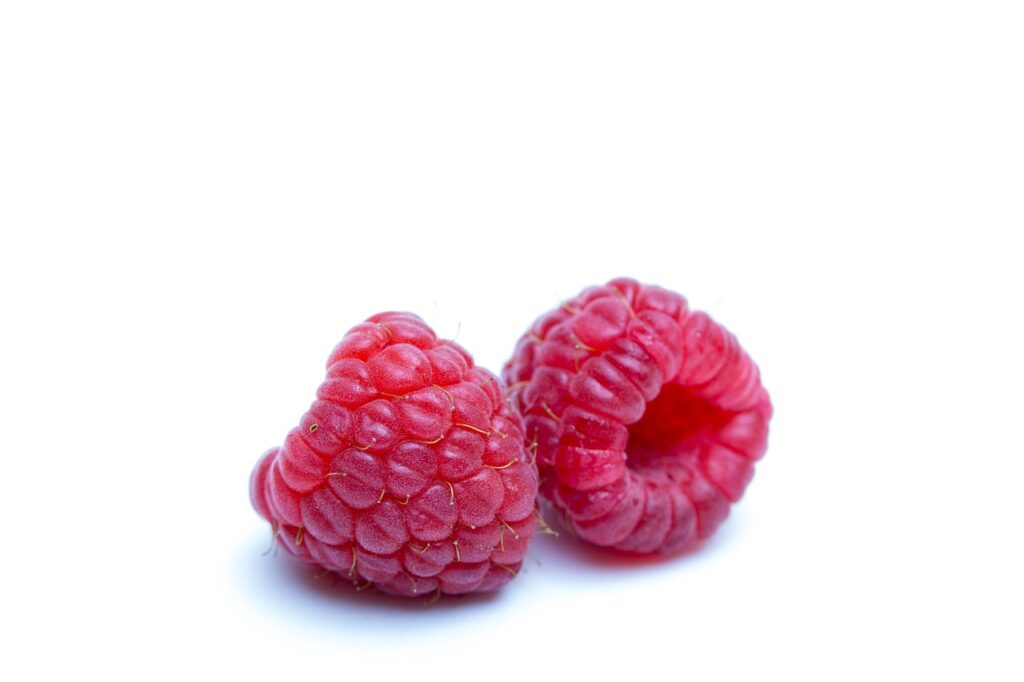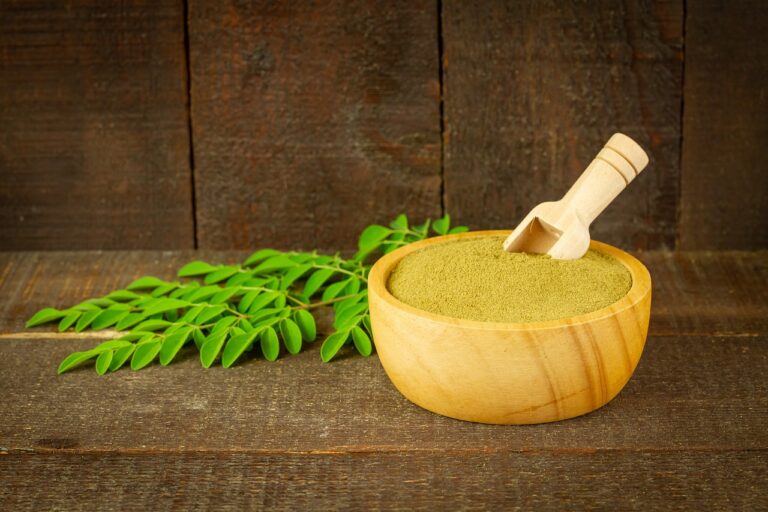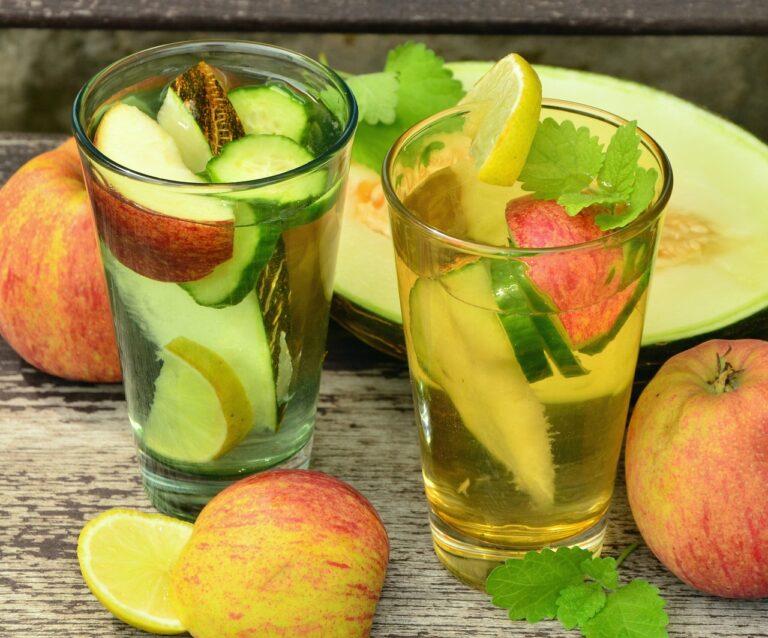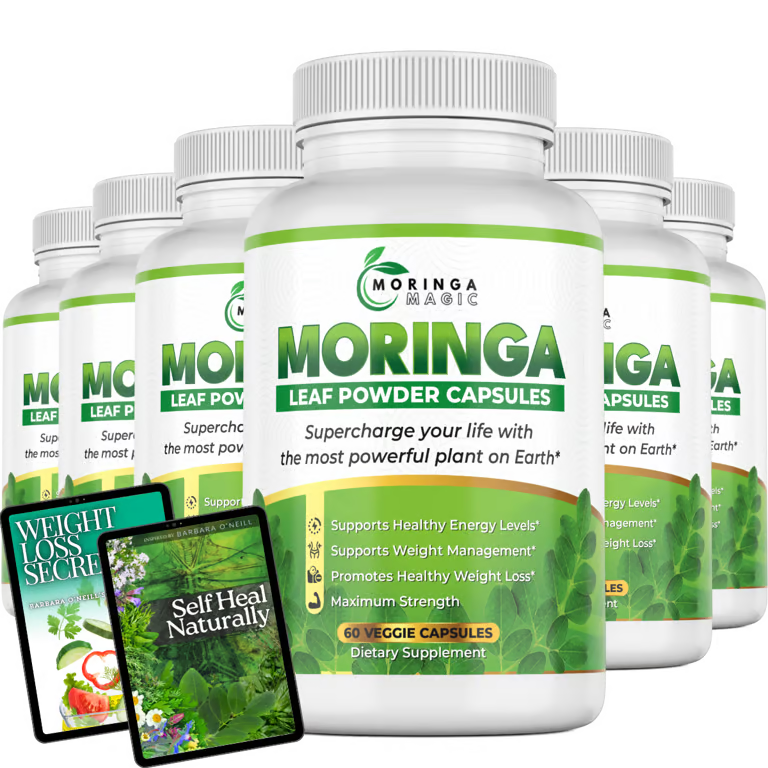
Introduction Polyphenols are naturally occurring compounds found in plants that act as powerful antioxidants. These micronutrients have been shown to provide a variety of health benefits, such as reducing inflammation, boosting heart health, and preventing chronic diseases. Polyphenols come in various forms, such as flavonoids, phenolic acids, lignans, and stilbenes, each offering unique benefits.
In this article, we will explore the top 10 polyphenol-rich foods, their health advantages, and why they should be a part of your diet.
1. Berries: Tiny Antioxidant Powerhouses
Berries, such as blueberries, strawberries, raspberries, and blackberries, are loaded with polyphenols. Blueberries alone contain up to 560 mg of polyphenols per 100g. These fruits are especially rich in flavonoids, which are linked to heart health, improved cognitive function, and even cancer prevention.
2. Dark Chocolate: A Delicious Source of Flavanols
Dark chocolate is one of the richest sources of polyphenols, particularly flavonoids like flavanols. These compounds have been shown to improve blood circulation, lower blood pressure, and reduce the risk of heart disease. Aim for dark chocolate that contains at least 70% cocoa to reap the most benefits.
3. Green Tea: A Polyphenol-Rich Drink
Green tea is packed with catechins, a type of flavonoid known for its strong antioxidant properties. Catechins help in reducing inflammation, improving heart health, and potentially lowering the risk of certain cancers. Drinking green tea daily has also been linked to improved metabolism and weight loss.
4. Red Wine: Heart-Healthy Polyphenols
Red wine, when consumed in moderation, can be a healthy addition to your diet. It is rich in a type of polyphenol called resveratrol, which is known for promoting heart health, improving circulation, and preventing chronic diseases like diabetes. Resveratrol has also been linked to anti-aging effects.
5. Extra Virgin Olive Oil: The Mediterranean Elixir
Extra virgin olive oil is a staple of the Mediterranean diet, known for its high content of phenolic compounds like hydroxytyrosol and oleuropein. These compounds have strong anti-inflammatory properties and are associated with a lower risk of heart disease, improved cholesterol levels, and even brain health.
6. Nuts and Seeds: Tiny Nutrient Bombs
Walnuts, almonds, and flaxseeds are rich in polyphenols, particularly ellagic acid and lignans. These compounds are known to have antioxidant and anti-inflammatory effects, supporting heart health and reducing the risk of cancer. Adding a handful of nuts and seeds to your daily diet can have a substantial health impact.
7. Apples: Everyday Antioxidants
“An apple a day keeps the doctor away” is not just a saying. Apples are packed with a variety of polyphenols, including quercetin and chlorogenic acid. These compounds have been shown to improve heart health, lower the risk of stroke, and even help regulate blood sugar levels.
8. Coffee: A Daily Dose of Antioxidants
Coffee is one of the most popular beverages globally and is a major source of polyphenols, particularly chlorogenic acids. Studies suggest that moderate coffee consumption is associated with reduced risks of neurodegenerative diseases like Alzheimer’s and Parkinson’s, as well as improved liver function.
9. Red Onions: Flavor and Health in One
Red onions are a fantastic source of quercetin, a flavonoid that has potent antioxidant and anti-inflammatory effects. Quercetin has been shown to reduce blood pressure, improve heart health, and lower the risk of chronic diseases. Red onions are also rich in fiber, which promotes gut health.
10. Spinach: Leafy Green Loaded with Polyphenols
Spinach is packed with polyphenols like lutein and zeaxanthin, which are essential for eye health. These antioxidants help protect the eyes from harmful UV rays and reduce the risk of age-related macular degeneration. Spinach also supports heart health and reduces inflammation.
Conclusion: Why Polyphenol-Rich Foods Should Be a Part of Your Diet
Incorporating polyphenol-rich foods into your daily diet is a simple and effective way to boost your overall health. These foods are packed with antioxidants that fight oxidative stress, reduce inflammation, and prevent a range of chronic diseases. Whether you’re sipping on green tea, enjoying a square of dark chocolate, or adding berries to your breakfast, the benefits of polyphenols are undeniable.
To make the most of these nutrients, aim for variety. Each food offers unique types of polyphenols that contribute to different aspects of your health. By consuming a diverse array of fruits, vegetables, nuts, seeds, and beverages like coffee and red wine, you can ensure you’re getting a broad spectrum of health-boosting compounds.
FAQs About Polyphenols
1. What are polyphenols? Polyphenols are a group of naturally occurring compounds found in plants. They act as antioxidants, protecting cells from damage caused by free radicals.
2. How do polyphenols benefit health? Polyphenols offer a range of health benefits, including reducing inflammation, improving heart health, preventing cancer, and promoting brain function.
3. Can I get polyphenols from supplements? While supplements are available, it is best to get polyphenols from whole foods, as they offer a wider range of nutrients and better absorption.
4. Is there a risk of consuming too many polyphenols? While polyphenols are generally safe, excessive consumption, particularly through supplements, may lead to digestive issues. Stick to a balanced diet with natural sources.
5. How much polyphenol-rich food should I consume daily? There is no specific recommendation, but aiming to include a variety of polyphenol-rich foods daily, such as fruits, vegetables, and beverages like tea, is a good practice.
6. Does cooking affect polyphenol content? Yes, cooking can reduce polyphenol content in some foods, but it may enhance the bioavailability of others. For example, cooking tomatoes increases the availability of lycopene, a type of polyphenol.
7. Are all polyphenols the same? No, polyphenols come in different types, such as flavonoids, phenolic acids, lignans, and stilbenes. Each has unique properties and health benefits.
8. Can polyphenols help with weight loss? Some studies suggest that polyphenols, particularly those found in green tea and berries, may help improve metabolism and assist in weight management.
9. How can I maximize polyphenol intake? To maximize polyphenol intake, focus on a diet rich in colorful fruits and vegetables, drink tea and coffee in moderation, and incorporate nuts, seeds, and whole grains.
10. Are there any side effects of polyphenol consumption? For most people, consuming polyphenols through food is safe. However, excessive consumption of polyphenol supplements can cause digestive discomfort or interact with certain medications. Always consult a healthcare provider if you have concerns.




